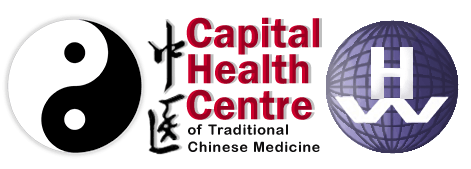Traditional Chinese Medicine vs Western Medicine
When patients come into our clinic for the first time, our Traditional Chinese Medicine approach to consulting differs from the typical Western medicine approach. This article can help such patients learn the difference between both forms of medicine, so that they can make their own decisions on whether our Traditional Chinese Medicine-based clinics are right for you.
For first-timers, patients will know the symptoms and conditions they suffer better than the practitioners. Under a Western approach, a doctor would usually provide a diagnosis with a focus on treating and eliminating symptoms. However, a practitioner of Traditional Chinese Medicine (TCM) may recognise the body as an interconnected system to our surrounding nature, establishing peace and balance within ourselves. Thus, the approach of TCM can also focus on the prevention of such imbalances through appropriate healing methods such as therapies and herbal medicine.
We aim to alleviate sickness based on the five elements theory: that all matters in our common living surroundings come from five elements; water, fire, earth, wood, and metal. This demonstrates how corresponding elements of our human health are inextricably linked with our environment and nature. By recognising this association, we focus on a combination of our patient’s mental, physical, and emotional health to identify any neglected aspects that may have created an imbalance. Taking note of patterns that may have caused such neglect, we can work together with our clients to establish peaceful long-term health through herbal teas or acupuncture and massage.
Our method can be thought of as a library, where the doctor is the librarian and the patient is the reader. Consulting with the librarian, the patient will list their symptoms and concerns, similar to the books they typically borrow from a library. These books can be put in different categories, much like the five natural elements. When looking at a patient’s pattern of which category they may tend to borrow most (the patient’s lifestyle patterns), the librarian may identify imbalances. For example, some patients may only focus on two categories but neglect the remaining three. As each element is interlinked with the others, this underload in the final three aspects can create dysfunction towards your body’s harmony.

To address such imbalances, the patient can ask themselves which “book category” they mostly read to identify which categories (or aspects of health) they pay attention to most and what aspects they may be neglecting. By recognising this pattern, clients can “borrow new books” that can tackle this categorical imbalance towards establishing a well-rounded, happy, harmonic and healthy lifestyle.
In most Western medicine clinics, patients present their medical issues and then are presented with pharmaceutical medications to ‘cure’ the issue in the short-term. In TCM, the practitioners take the time necessary to try and prevent future health complications, through demonstrating the benefits of a healthy lifestyle, which benefits clients in their individual long-term health journeys.
Although Western medicine and Traditional Chinese Medicine differ in their approaches to healing, a combination of both in one’s lifestyle, will provide you with significant benefits for your short and long-term health goals.
Written By Georgia Chen




